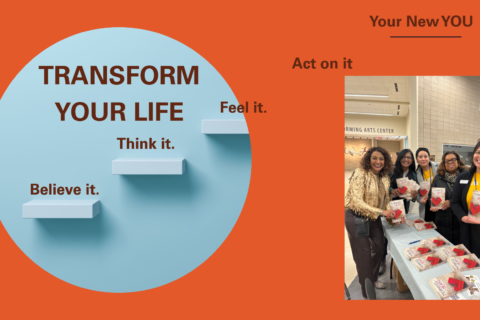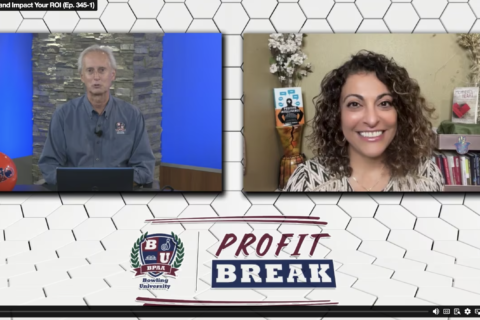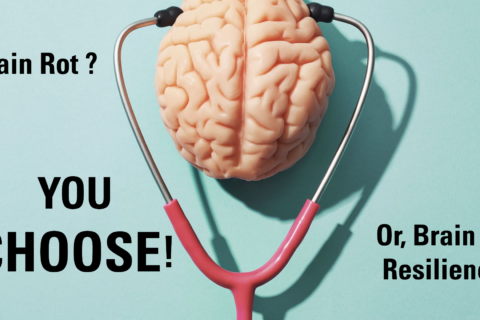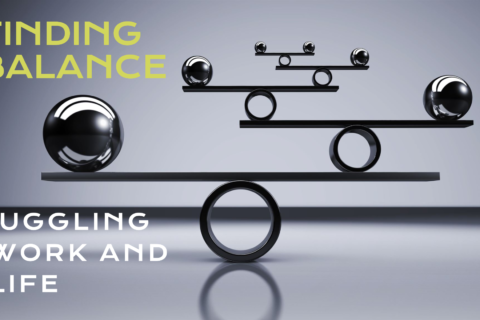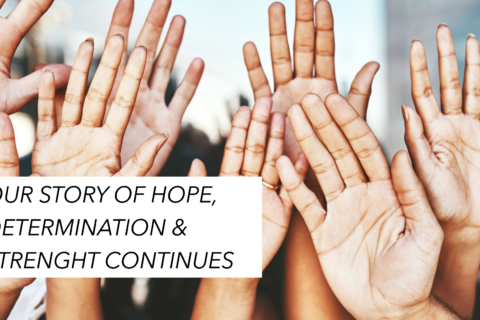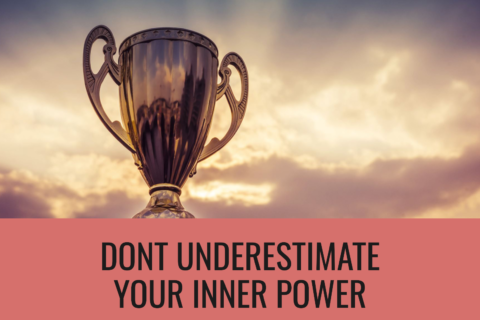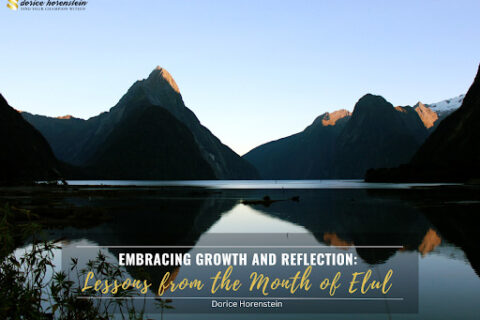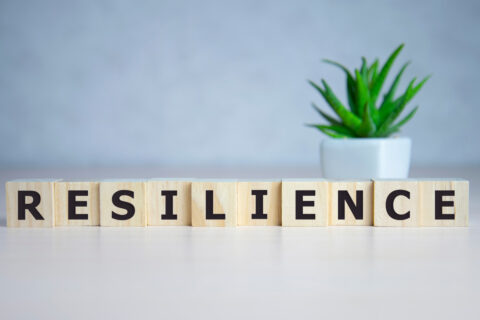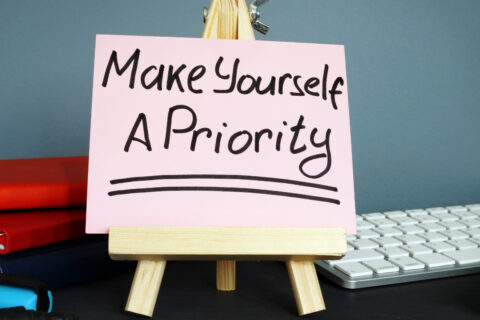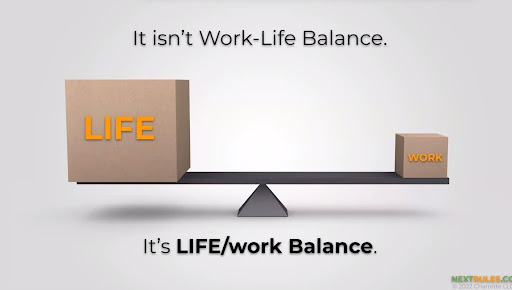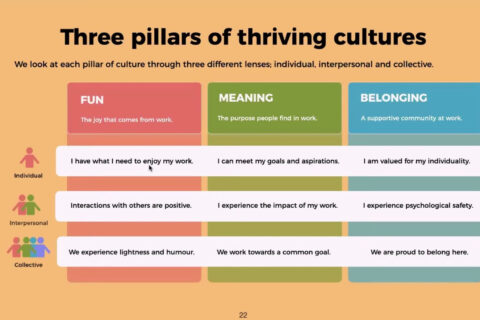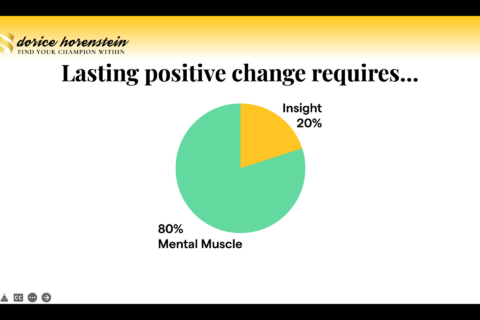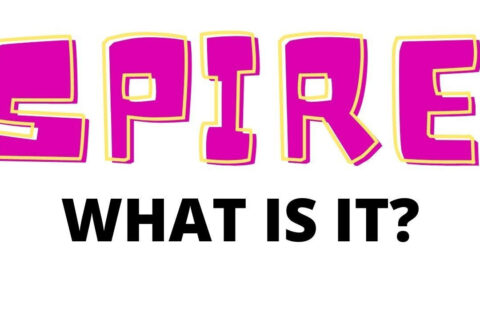
It seems as though every day, we are met with stories of hardships, struggles, conflicts, and complexities on the TV. I can’t help but reflect on my own journey from being an education director to becoming a resilience speaker, trainer, and practitioner of Positive Intelligence. Was it all ordained from above? Perhaps. Maybe I was guided toward this path because the “powers that be” knew I would need these tools to overcome my own struggles. Perhaps that’s why I was introduced to Positive Intelligence, a mental fitness program that encourages working on our brains and bodies to influence our minds, hearts, and emotions.
Its primary goal is to reduce the emotional hijacking caused by fear and open up opportunities to build our strengths by tapping into the sage within us.
The Importance of Mental Fitness
Mental fitness is crucial for well-being as it builds resilience. The quicker you bounce back from setbacks, the faster you can recover and return to the path set before you. In this blog, let’s explore strategies for maintaining and enhancing mental fitness during difficult times. Reflect on your own journey as we delve into practices that can increase your mental strength and promote resilience.
Why Is Mental Fitness Important?
Mental fitness encompasses emotional resilience, stress management, and overall psychological well-being. Do you want to react impulsively when things get tough? In Positive Intelligence, we refer to this as “keeping your hand on the hot stove.” Do you tend to react immediately when negative feelings arise, or do you allow space (in the form of time) between the moment of stimulus and your response? Reflect on your own mental fitness. How do you typically respond to challenging situations, and what might you do to stop the automatic response and instead strengthen your mental resilience?
Mindfulness and Stress Reduction
I recall Shirzad Chamin, the founder of Positive Intelligence, stating that stress lives in the past and the future, but never in the exact moment we are in. Think about it: often, we feel stress because we dwell on something that happened in the past or worry about an event in the future. If the past event didn’t yield the results we hoped for, we experience stress, which we then carry into the future. Mindfulness practices can be powerful tools for reducing stress and enhancing mental fitness by bringing us into the present moment.
How often do you engage in breathwork that connects you to the present and releases your mind from future anxieties? How often do you pay attention to your heartbeat, the expansion of your chest, or even the ridges of your fingertips—all intended to anchor you in the present moment? Reflect on your experience so far. How have mindfulness techniques impacted your ability to navigate stressful circumstances?
Seeking Support and Connection: The People Factor
Building a support system and seeking connections with others is vital for mental fitness. Reflect on the strength of your support network. How can you nurture these connections during challenging times, and when should you seek professional help if needed? Who can you connect with right after reading this blog?
Self-Care and Well-Being
An important part of being mentally fit is recognizing your value and what you bring to the world—not in a narcissistic way, but with self-love and self-worth. Acceptance of who you are is integral to self-care. What are your self-care practices? Consider incorporating physical activity, nutrition, and adequate rest, as they all contribute to mental fitness. Reflect on your self-care routine. How can you prioritize well-being and incorporate self-care into your daily life?
Resilience and Adaptability
Resilience is the ability to bounce back from adversity and shift negative emotions and thoughts to positive ones. Reflect on your past experiences with resilience. What strategies have you used to overcome challenges, and how can you further develop your resilience? I use the 4 P’s when measuring resilience: People and community, Power of Mental Fitness, Perspective of the current situation, and the Practice of Positivity. Rank yourself from 1-10 in each of these categories. Where can you improve?
Cultivating a Growth Mindset
A growth mindset promotes the belief in one’s ability to learn and adapt. There’s a Jewish saying that if a person doesn’t learn something new each day, what is the use of that day? This quote encourages me to learn something new every day! Reflect on your mindset in the face of challenges. How can you cultivate a growth mindset that allows for continued personal and professional development?
Conclusion
Maintaining mental fitness is an ongoing practice that empowers individuals to face life’s challenges with resilience and strength. As you reflect on your own mental fitness journey, consider how these strategies can become integral to your well-being. Remember that mental fitness is a valuable asset in navigating life’s uncertainties, and mastering this skill can help you swim through the oceans of life, no matter how turbulent the waters may be.
About Dorice Horenstein
Dorice Horenstein is an internationally recognized resilience speaker, specializing in the power of Positive Intelligence. With a background in education and a deep understanding of human potential, Dorice, known as the “Oy to Joy Resilience Speaker,” guides individuals and organizations to unlock their inner strength and thrive amidst challenges. Through her work, she emphasizes the importance of mental fitness in building resilience and achieving well-being.
Discover more about my speaking engagements and how I can contribute to your next event and explore additional resources on mental fitness and resilience, including my previous blog posts.
Stay connected and keep growing! If you are interested in further coaching with me or bringing me to your company/team, please schedule a time on my calendar.









